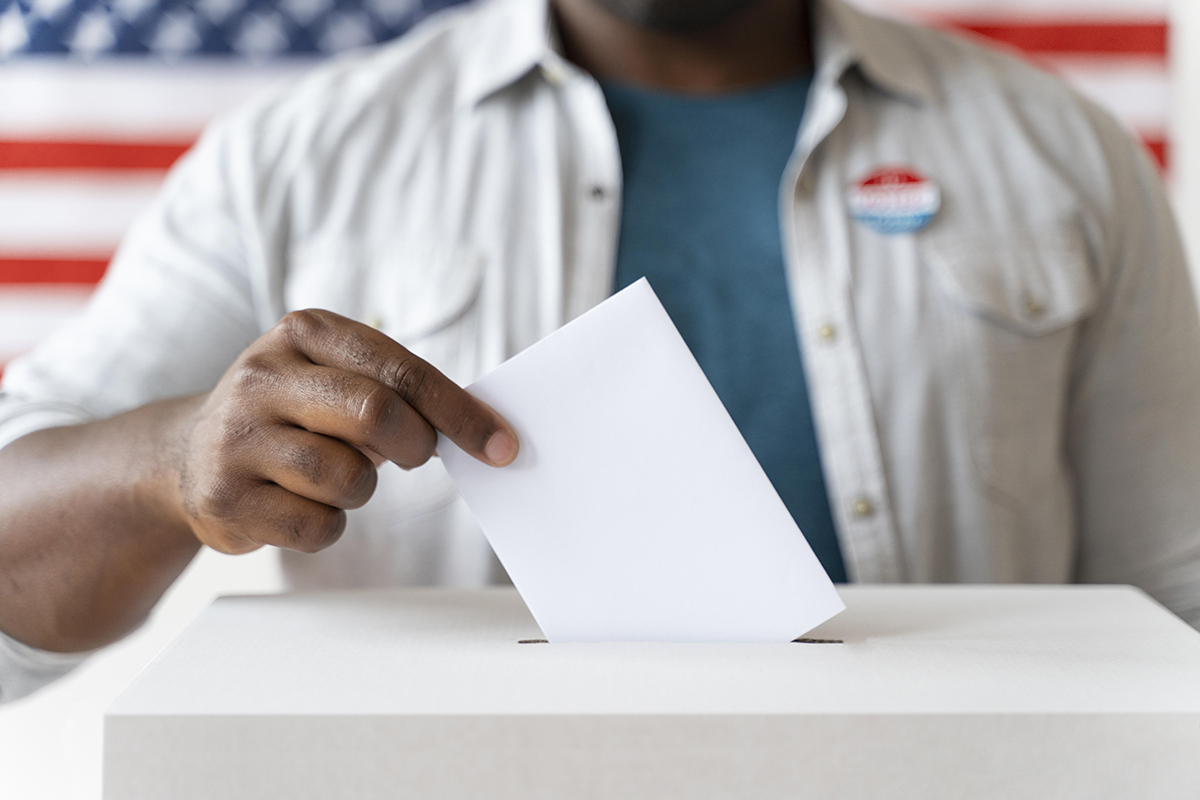A recent investigation conducted by the Center for Countering Digital Hate (CCDH) has uncovered concerning vulnerabilities in top artificial intelligence (AI) image generators, raising alarms about their potential misuse in the context of elections.
The study, released by CCDH, highlights the susceptibility of prominent AI image generators, including Midjourney, Stability AI’s DreamStudio, OpenAI’s ChatGPT Plus, and Microsoft Image Creator, to manipulation. Researchers found that these platforms could be prompted to produce misleading election-related images, posing significant challenges to efforts to combat political misinformation.
Despite assurances from some AI firms regarding their commitment to addressing risks associated with misinformation, the study suggests that existing protections are inadequate. Testing across 40 prompts related to the 2024 presidential election revealed that 41% of the test runs resulted in potentially misleading images that appeared realistic and lacked obvious errors.
Midjourney emerged as the most likely platform to generate misleading results, with examples including photorealistic images of Joe Biden engaging with a lookalike and Donald Trump depicted in an apparent arrest scenario, created by DreamStudio. While ChatGPT Plus and Microsoft’s Image Creator were successful in blocking candidate-related images, they produced realistic depictions of voting issues, such as ballot tampering.
In response to the findings, Stability AI, the parent company of DreamStudio, announced updates to its policies to explicitly prohibit the creation or promotion of disinformation. Similarly, Midjourney signaled ongoing enhancements to its moderation systems, particularly addressing concerns related to the upcoming US election.
The study underscores broader concerns surrounding the potential misuse of AI tools to spread misinformation and manipulate public opinion, particularly in the lead-up to elections. Lawmakers, civil society groups, and tech leaders have voiced concerns over the disruptive potential of such tools on democratic processes.
This revelation comes amid heightened efforts by tech companies to combat harmful AI content ahead of elections, with Microsoft and OpenAI joining a coalition of firms pledging to detect and counter harmful AI content, including deepfakes of political candidates.
CCDH has called for increased collaboration between AI companies and researchers to prevent misuse and urged social media platforms to invest in identifying and mitigating the spread of potentially misleading AI-generated images.
As the use of AI tools for content generation continues to proliferate, ensuring their responsible and ethical use remains paramount in safeguarding the integrity of democratic processes against the spread of misinformation.







